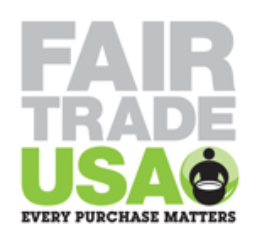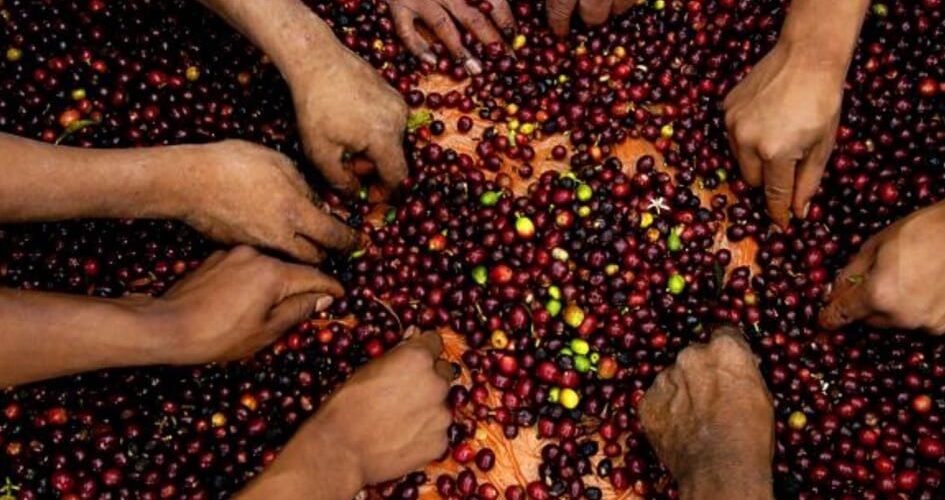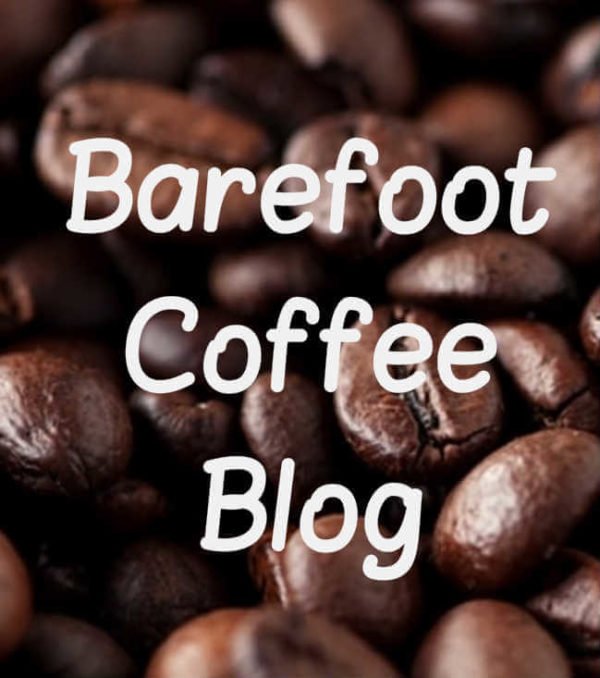A fair trade schism back in 2011 drew public attention to a long festering private disagreement regarding the best way of managing a globally popular certification scheme.
In one corner stood Fairtrade International (FLO International), an umbrella organization with dozens of members operating certification schemes in countries around the world, and in the other, Fair Trade USA, another nonprofit organization led by Paul Rice.
The main point of contention in this dispute wasn’t the need to support the communities around the developing world that rely on coffee cultivation, but the appropriateness of different coffee growing business models for participation in a scheme designed to empower small-scale farmers.
Fair trade has traditionally been a certification scheme for cooperatives – small associations of local people who receive a premium for their product on international markets. These organizations operate democratically, with the extra 10 to 20 cents per lb raised from certification invested back into raising the standards in local communities (e.g., schools).
Paul Rice of Fair Trade USA took the bold step in 2011 of resigning his organization from the wider umbrella body of Fairtrade International. His argument, in the simplest terms, is that the cooperative model is too restrictive and disenfranchises the very poorest of participants in the coffee farming industry.

He argues that the size and scope of the program can be expanded greatly by allowing the larger coffee plantation operators to participate. In theory, this will increase the ubiquity of the certification program in the consumer conscience while also securing a higher chance of fair pay for plantation workers unable to participate in a cooperative because, for example, they do not own any land.
Some outlets have written informative albeit outdated articles on the state of different coffee certification programs, such as this one from NPR in 2013.
In this piece, we’ll take a closer look at the state of the different ethics bodies in the coffee industry as of 2017, and what they each represent from both an independent retail and consumer perspective:
Fair Trade USA
Fair Trade USA is run by Paul Rice, a lifelong social entrepreneur with deep experience living and working with Central American farmers. He spent over a decade helping small-scale farmers access higher prices for their products via an export cooperative. In effect, the organization brought thousands of small farming operations together to cut out middlemen and allow a more direct line of access to global markets.
However, in 2011 Paul made the polarizing decision to end his organization’s membership of the wider umbrella body, Fairtrade International (FLO). Paul’s logic, while controversial, was based on the desire to empower plantation workers rather than just small-hold farmers. His critics contend that certifying plantation grown coffee as fair trade runs against the founding ethos of supporting small farming operations.
Key statistics:
- Leading certifier of fair trade produces in North America.
- Reached the milestone of 1 billion lbs of certified Fair Trade coffee in 2014, 16 years after being founded in California.
- Farmers earn approximately 80 cents/lb above the standard price in “futures” contracts, as a result of more direct access to buyers, quality premiums, and consumer awareness of the important role of buying Fair Trade (59% of American consumers are familiar with Fair Trade and its purpose).
Fairtrade America
Fairtrade America emerged to fill the gap left by the departure of Fair Trade USA from the global parent body FLO. In effect, this schism created two parallel fair trade certification bodies each working with similar but separate principles to improve outcomes for coffee farmers.
Fairtrade America represents the ethos of FLO, which is first and foremost to work with farming cooperatives – associations of small-scale, local growers. Unlike Fair Trade USA, they do not certify coffee plantations. They do work with flower, tea, and banana plantations, but this is primarily because very few cooperatives exist in these industries.
Key statistics:
- Fairtrade farmers operate small farms – an average of just 3.7 acres of cultivated land each.
- Around one-quarter of all fair trade farmers and workers are female.
Rainforest Alliance
As one might expect, the Rainforest Alliance places a particular emphasis on the environmental sustainability of coffee farming practices. It also supports the social and economic development of coffee growing areas around the world.
Its program has won the favor of major companies like Nescafe (used in its Nespresso range) and is the fastest growing third-party certifier of coffee products in the world, more than quadrupling certified produce in the five years between 2007 and 2012.
Starbucks C.A.F.E
As the world’s largest retailer of specialty coffee, Starbucks is uniquely empowered to enhance the lives of the millions of individuals that directly or indirectly participate in their supply chain. Starbucks customers tend to be somewhat less price sensitive than those of rival chains, giving the chain further scope to pay fair prices.
Crucially, Starbucks work with Conservation International to ensure 100% of coffee sold in its stores is ethically sourced. It has also invested heavily in a multitude of programs, including efforts to finance farmers in farm renovations and adopting better sustainability practices. Starbucks has also invested in carbon-reducing initiatives.
The chain’s boldest effort to date – The Sustainable Coffee Challenge – is an effort to make coffee the first fully sustainable agricultural product in the world.
Smithsonian M.B.C ‘Bird Friendly’
Smithsonian’s Migratory Bird Center runs a smaller and more niche certification program focused on promoting the adoption of bird-friendly farming practices among growers.
The center certifies only around 10 million pounds of coffee each year, far less than the other bodies featured in this list. However, the program requirements are also the most stringent.
For this reason, Smithsonian M.B.C approved coffee attracts higher prices on the world market than even organic coffee products. Not only does the coffee meet organic standards but it is also grown by farmers who commit to boosting the environment for birds through tree-planting initiatives.



0 Comments